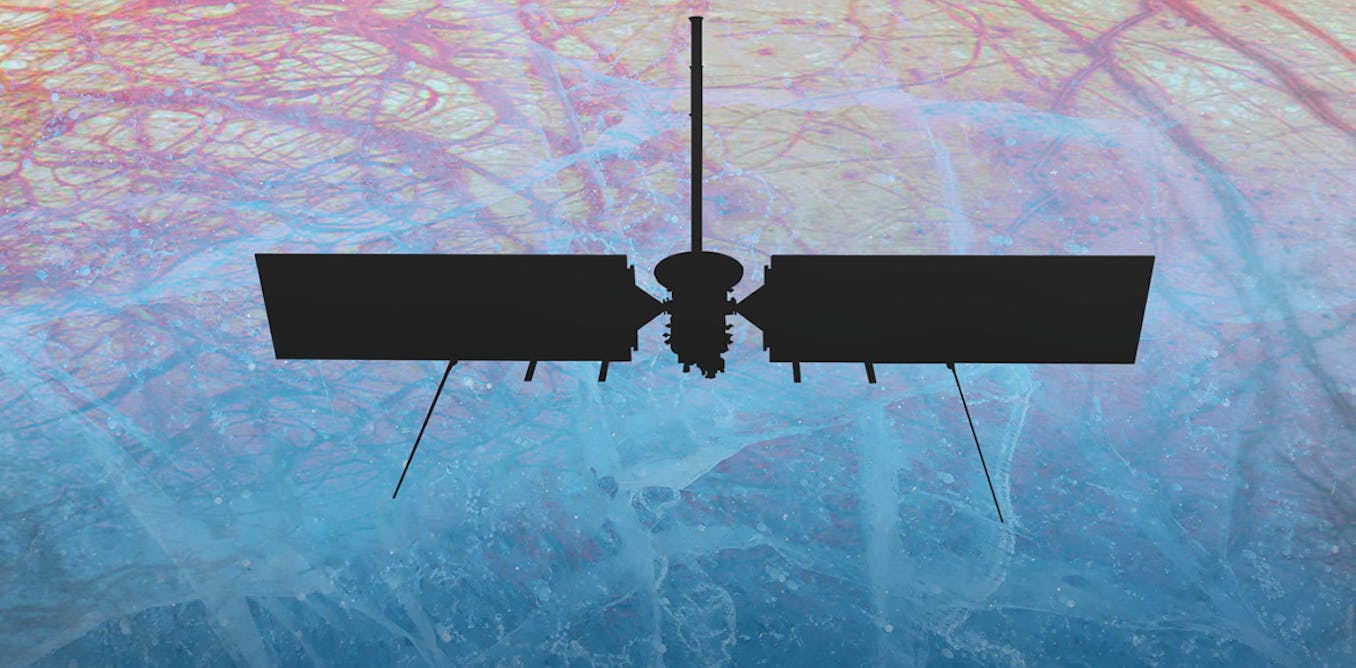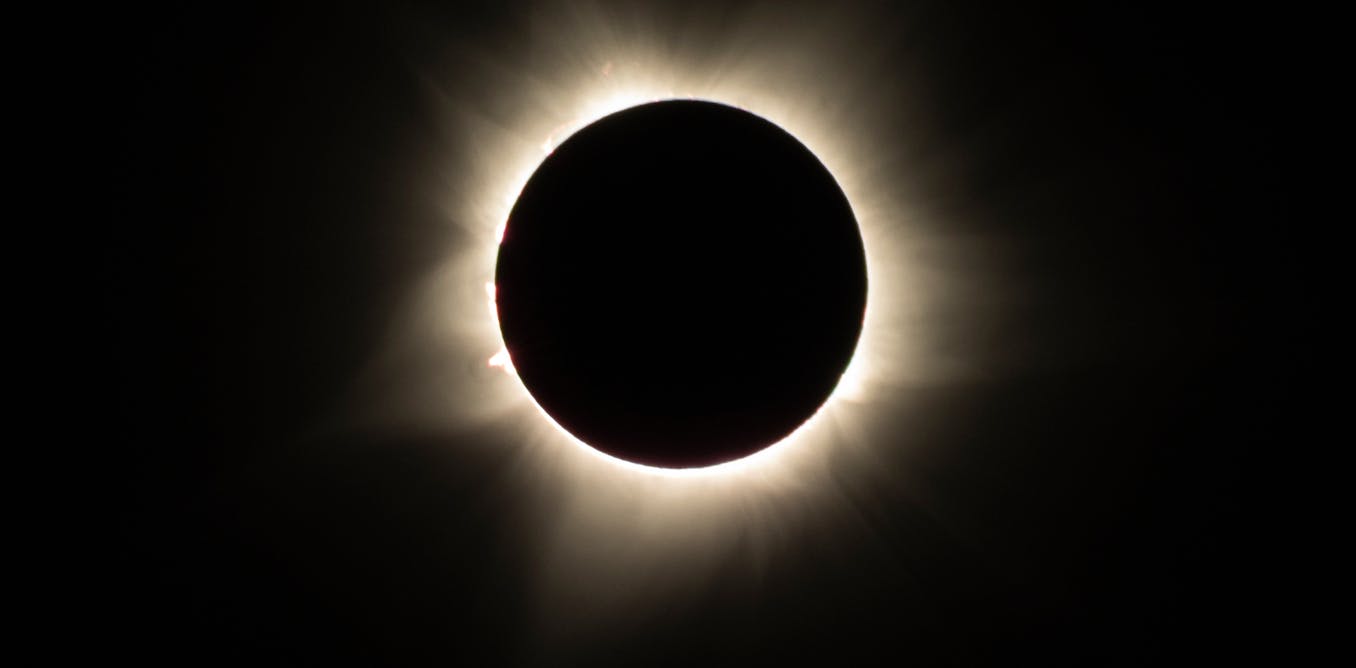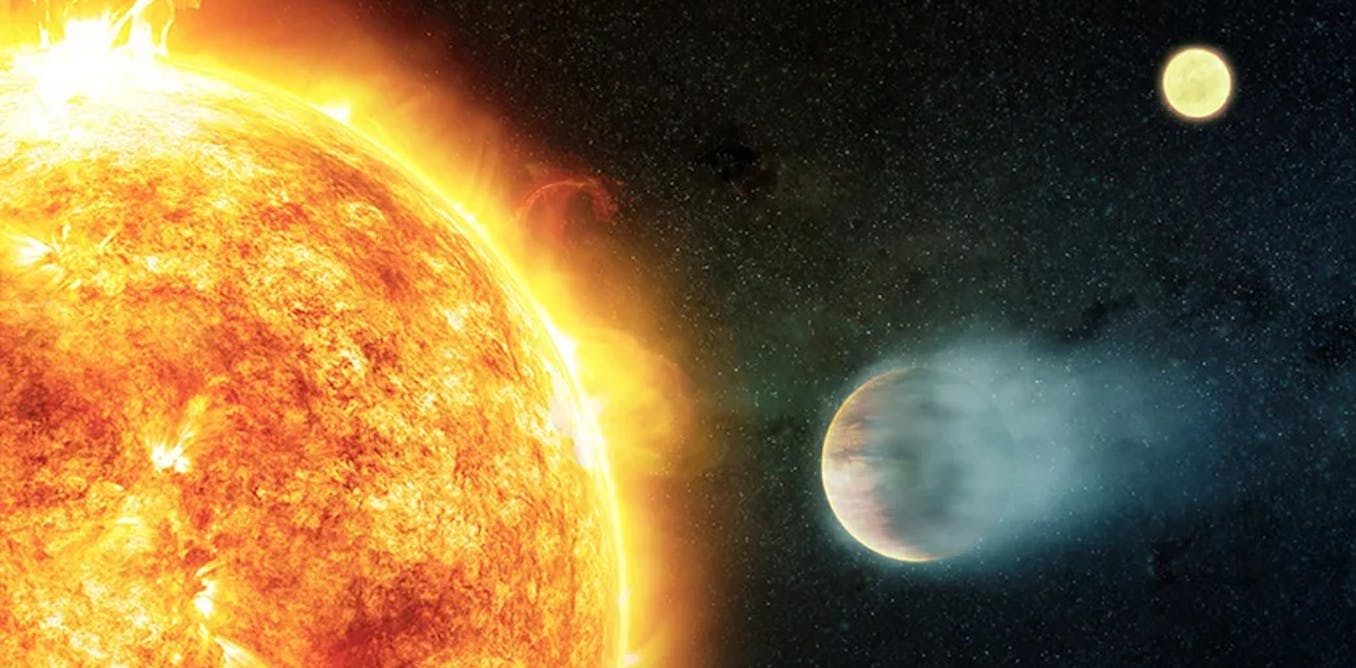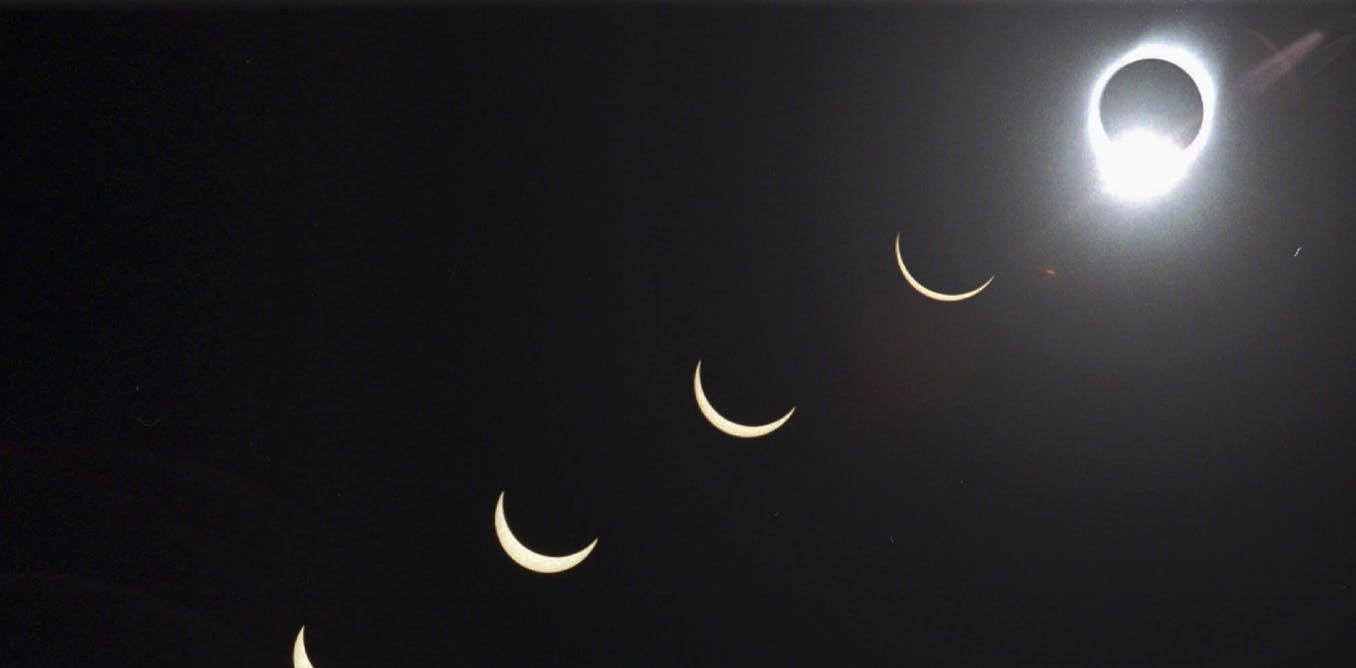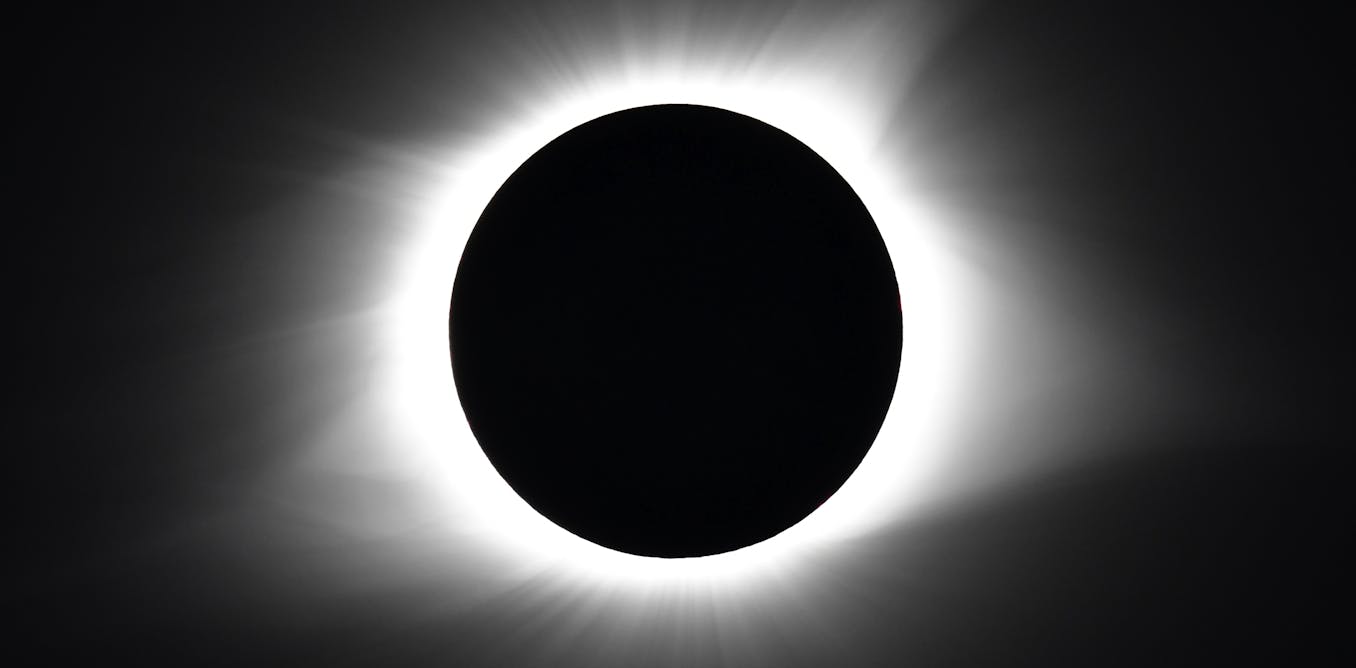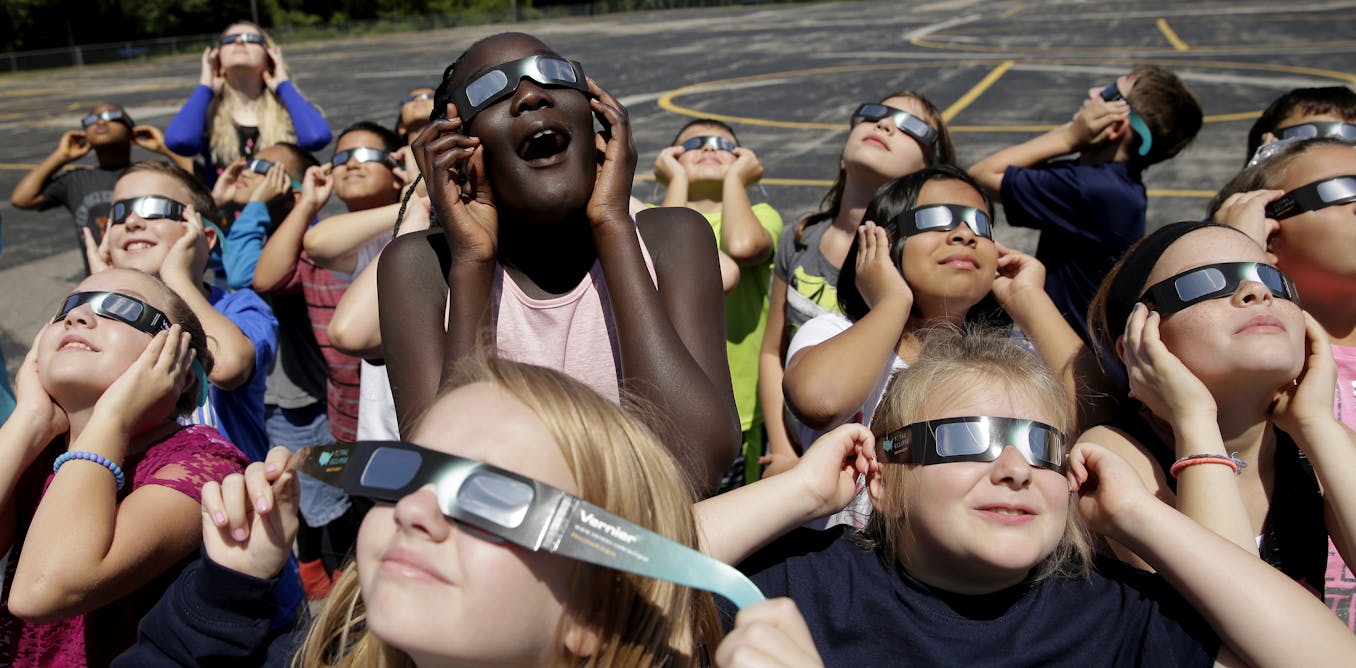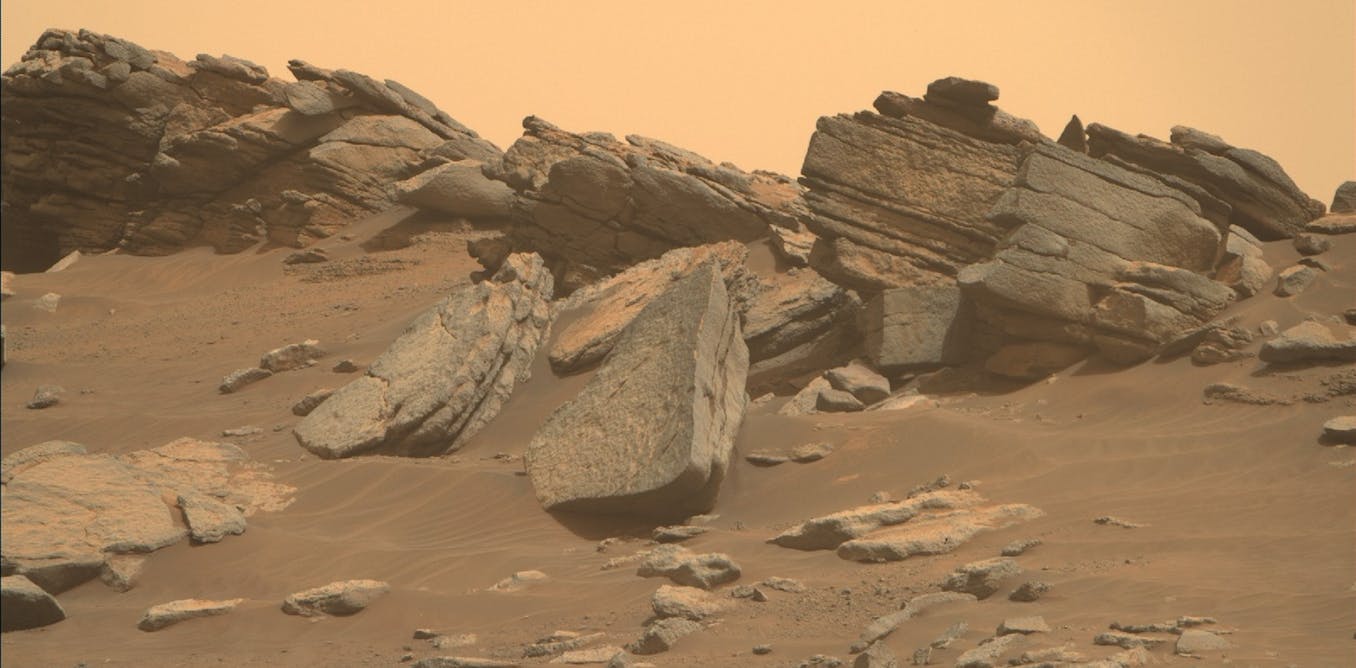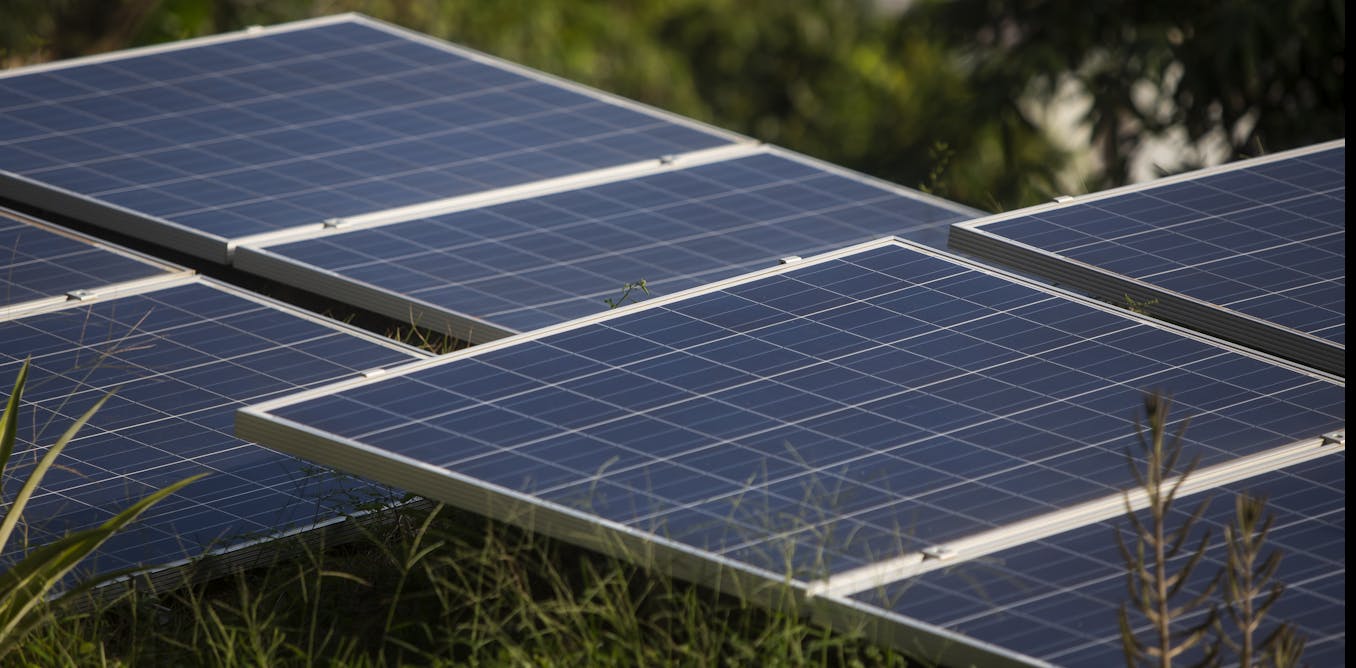NASA’s mission to an ice-covered moon will contain a message between water worlds
Europa Clipper will contain a plaque that celebrates humanity’s relationship with water and a decades-old tradition of searching for life outside Earth.
March 28, 2024 • ~8 min

